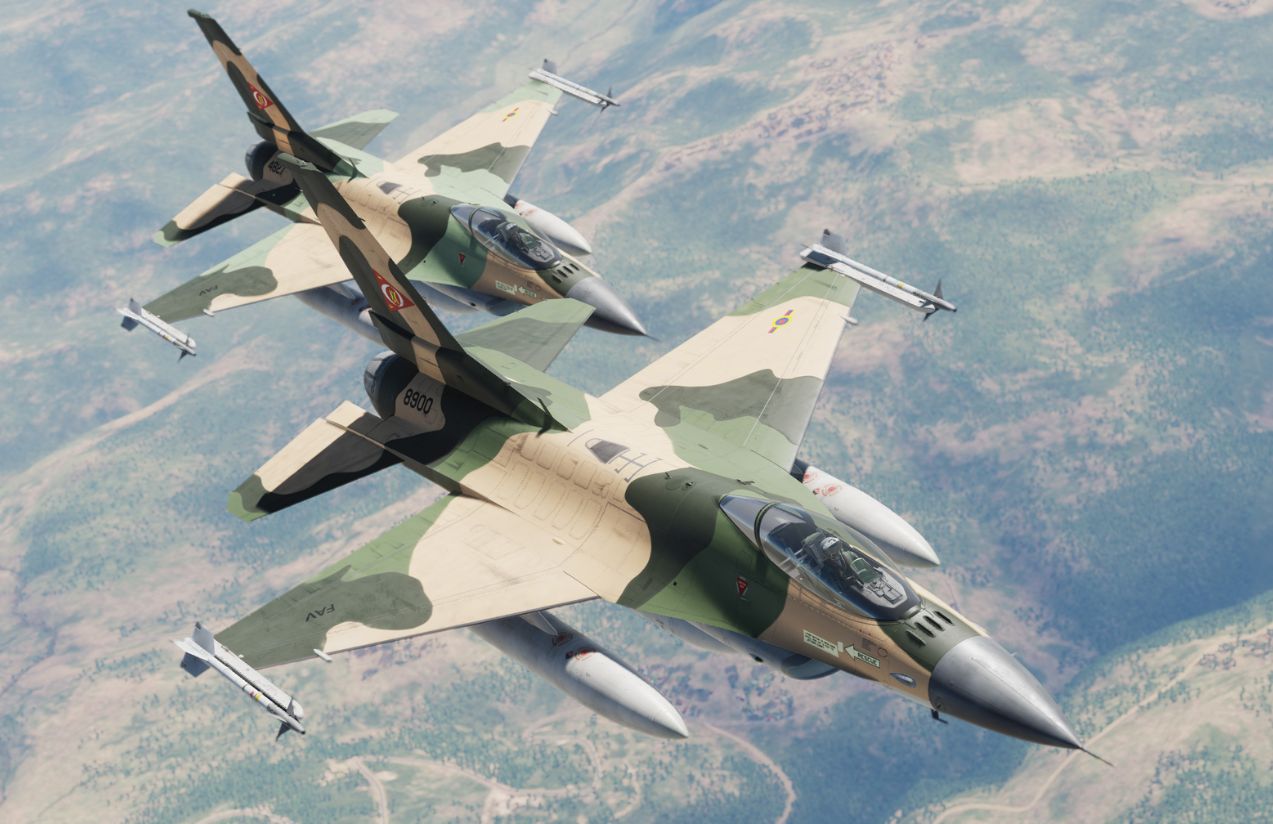Tensions between the United States and Venezuela escalated on Thursday when two Venezuelan F-16 fighter jets flew over the U.S. Navy destroyer USS Jason Dunham in international waters of the Caribbean. The Pentagon described the maneuver as a “highly provocative move,” calling it a clear attempt to interfere with U.S. counternarcotics operations in the region.
The destroyer, part of a flotilla that includes warships, submarines, and air support, had been deployed as part of Washington’s campaign against narcoterrorist groups operating from Venezuela. Analysts believe this show of force also fits into a “gunboat diplomacy” strategy aimed at pressuring Nicolás Maduro’s government without resorting to ground intervention.
Venezuela’s response was immediate. Maduro denounced the presence of the U.S. vessels as a criminal threat, ordered militia mobilizations, and vowed not to retreat in the face of what he called an imperialist provocation.
Why did this overflight resonate so strongly?
Because just days earlier, a U.S. strike on a suspected drug-running boat left 11 people dead, sparking outrage in Caracas. Against that backdrop, the jet maneuver now represents not just a symbolic challenge but also a strategic escalation that raises the risk of a broader confrontation between the two nations.
As both militaries increase their presence in the Caribbean, observers warn that even a minor miscalculation could ignite a crisis with unpredictable consequences.

